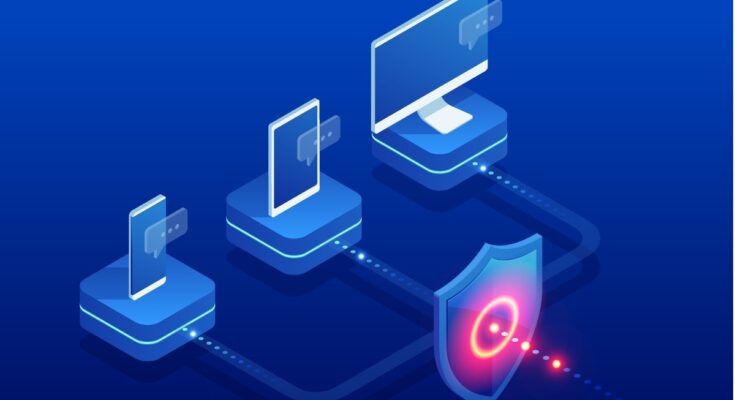In the digital age, maintaining robust security measures is essential to safeguarding our online activities and personal information. One of the most vital tools for internet security is a firewall. Acting as a protective barrier between your computer or network and the vast expanse of the internet, a firewall plays a critical role in preventing unauthorized access and malicious attacks. In this article, we will explore the concept of an internet security firewall, its importance, and how it enhances your overall online safety.
Understanding Firewall
At its core, a firewall is a security device or software that monitors and controls incoming and outgoing network traffic based on predetermined rules. It acts as a filter, allowing authorized data packets to pass through while blocking potentially harmful or unauthorized traffic. Firewalls can be implemented at various levels, including software-based firewalls on individual devices, network firewalls for entire networks, or hardware firewalls built into routers or dedicated security appliances.
Importance of Firewall in Internet Security
Protection Against Unauthorized Access
A firewall acts as a first line of defense, preventing unauthorized access to your computer or network. It analyzes incoming network traffic, scrutinizing data packets and checking them against established rules. Any suspicious or unauthorized attempts to access your system are blocked, thwarting potential attacks from hackers and malicious actors.
Network Traffic Monitoring
A firewall monitors network traffic in real-time, tracking data packets and analyzing their characteristics. It scrutinizes the source, destination, protocol, and other attributes to determine the legitimacy and safety of the traffic. This continuous monitoring helps identify and block any malicious or anomalous activity, such as intrusion attempts or suspicious data transfers.
Protection from Malware and Viruses
Firewalls play a crucial role in preventing the spread of malware and viruses. By inspecting incoming data packets, firewalls can detect and block potentially harmful files or code from entering your system. Additionally, some firewalls provide intrusion prevention and detection capabilities, adding an extra layer of security against malware attacks.
Application Control
Firewalls can enforce policies that control the use of specific applications or protocols. This allows organizations to regulate the types of applications that can access their network, enhancing security and minimizing the risk of data breaches or unauthorized data transfers.
Privacy and Data Protection
Firewalls help protect your sensitive data by monitoring outgoing traffic. They can prevent unauthorized data transfers and block attempts to send out confidential information without your knowledge or consent. This is particularly important for businesses that handle sensitive customer data, ensuring compliance with data protection regulations.
Conclusion
In the ever-evolving landscape of cybersecurity threats, a robust internet security firewall is an indispensable tool to protect your digital fortress. By acting as a protective barrier between your network and the vast internet, firewalls help prevent unauthorized access, monitor network traffic, and safeguard against malware and data breaches.
Whether implemented at the device level or across an entire network, firewalls are essential components of a comprehensive cybersecurity strategy. Prioritizing the deployment of firewalls and staying up to date with their configurations and updates will significantly enhance your online security and provide peace of mind in an increasingly interconnected world.
Read This: Understanding Different Types of Investment Accounts: Stocks, Bonds, and Mutual Funds
